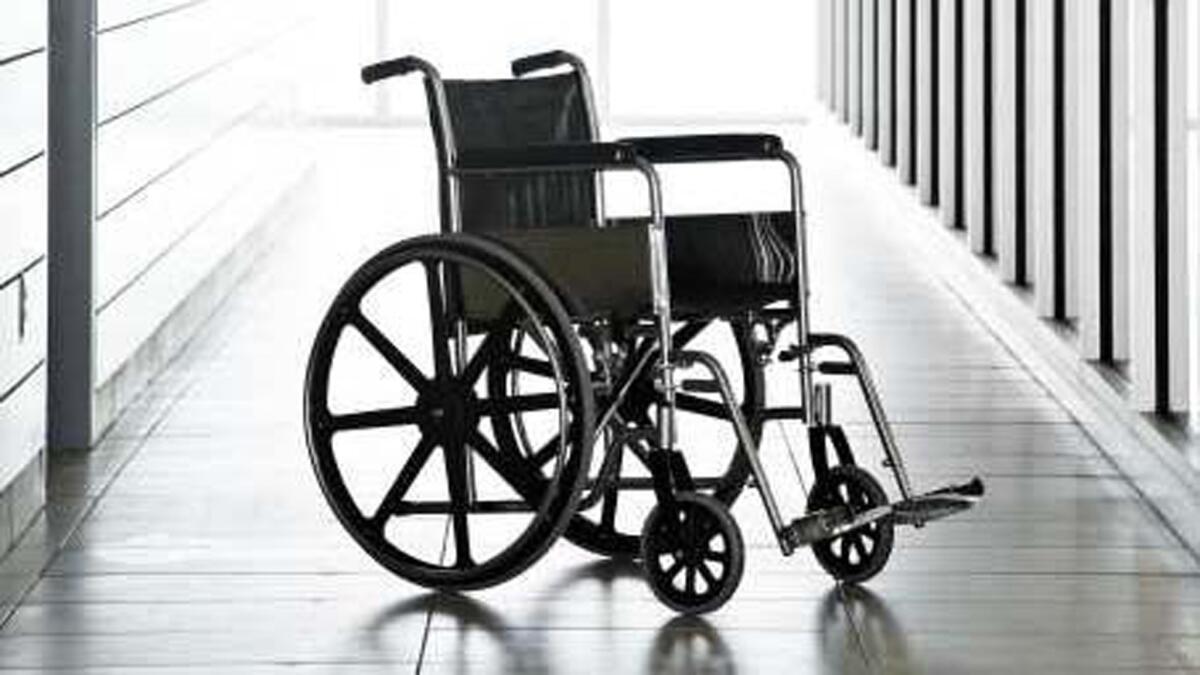A wheelchair ramp may not be pretty, but condo group must allow it

Fair housing laws require a landlord to allow a disabled tenant to replace flooring in a unit. Who pays for it depends on a variety of factors.
Question: I own a condominium and pay homeowners association dues of approximately $400 per month. My wife recently suffered a severe injury and now uses a wheelchair. She has difficulty maneuvering her wheelchair over the step to the front door of our first-floor condo. I asked our HOA to install a small ramp from the common area walkway to our front door; however, the HOA refused, stating it would not be aesthetically pleasing and suggesting my wife could instead install a ramp at the back door to our condo. Can the HOA respond this way?
Answer: Fair housing laws provide that all people, including people with disabilities, should have an equal opportunity to acquire, use and fully enjoy their housing. Such laws apply to all entities involved in the provision of housing. Property owners, landlords, property management companies, real estate agents, maintenance workers and homeowners associations are all liable as housing providers under state and federal fair housing laws.
Your wife, as a disabled person, is protected by fair housing laws. The law provides that people with disabilities may request reasonable modifications, which are structural changes to the existing premises that are necessary to provide full use and enjoyment of the home because of a disability-related need. If your wife cannot access your home through the front door — a basic expectation of all residents, whether disabled or not — then your HOA has a responsibility to permit her to make a necessary modification. Her need for a ramp also trumps any aesthetic concerns voiced by the HOA or any specific provisions in the HOA’s rules and regulations that may conflict with the request. The question of whether your wife or the HOA should bear the cost for installing a ramp depends on several factors, including whether the HOA receives any federal funding or whether the ramp would increase accessibility in a common area.
If your HOA does not approve installation of a ramp, your wife may file an administrative complaint with the U.S. Department of Housing and Urban Development or a lawsuit. For assistance resolving your issue through informal channels, you may want to contact your local fair housing agency.
Current is fair housing director for Project Sentinel, a Bay Area nonprofit. For more information, contact Project Sentinel at (888) 324-7468 or info@housing.org, or visit its website at www.housing.org.






